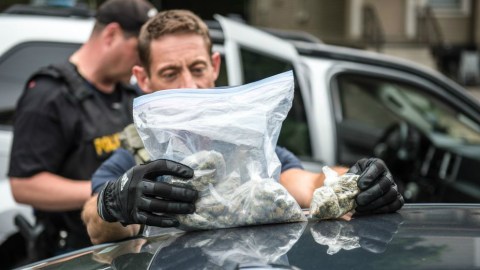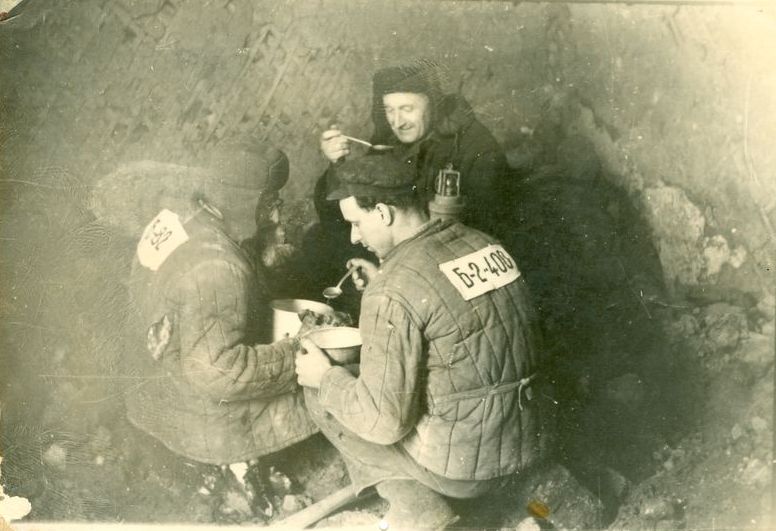Legalizing marijuana gives police more time to solve more serious types of crimes

In 2012, Washington and Colorado became the first U.S. states to legalize marijuana for recreational use. Since, both supporters and opponents of legalization have closely tracked the consequences as other states begin to reconsider their approach to drug enforcement.
Now, a new study shows that legalization has “produced some demonstrable and persistent benefit” to police departments in the two states, seemingly by freeing up resources for officers to solve more serious types of crime.
“Our models show no negative effects of legalization and, instead, indicate that crime clearance rates for at least some types of crime are increasing faster in states that legalized than in those that did not,” the authors wrote in a study published in the journal Police Quarterly.
The researchers used FBI data on Colorado and Washington from 2010 to 2015 to study crime clearance rates, a measurement of how many crimes are solved by police. Before legalization, crime clearance rates were falling in the states. However, the rates seemed to stabilize and then increase following legalization—an effect not observed in the 48 other states.
The clearance rates of burglary and motor vehicle theft especially increased, authors noted.

“The clearance rate for these two offenses increased dramatically postlegalization,” the authors found. “In contrast, national trends remained essentially flat.”
Still, they said the study can’t conclusively link the increase in crime clearance rates to marijuana legalization. Other factors, like police overtime or different enforcement strategies, might have played a part, though they note that there were no clear changes to public policy that might have explained the changes they observed.
“We think the argument that legalization did in fact produce a measurable impact on clearance rates is plausible,” the researches wrote.
The idea that marijuana legalization would free up police resources is a common argument of marijuana legalization proponents. It makes sense given the numbers: In 2016, about 600,000 people nationwide were arrested for simple marijuana possession. That’s more people than were arrested for all violent crimes in the same year.
“Our results suggest that, just as marijuana legalization proponents argued, the legalization of marijuana influenced police outcomes, which in the context of this article is modeled as improvements in clearance rates,” the researchers wrote.
A number of states are expected to vote on marijuana-related bills this year, including Utah, Rhode Island, Illinois, and Michigan, which could see the drug legalized for recreational use in November.





